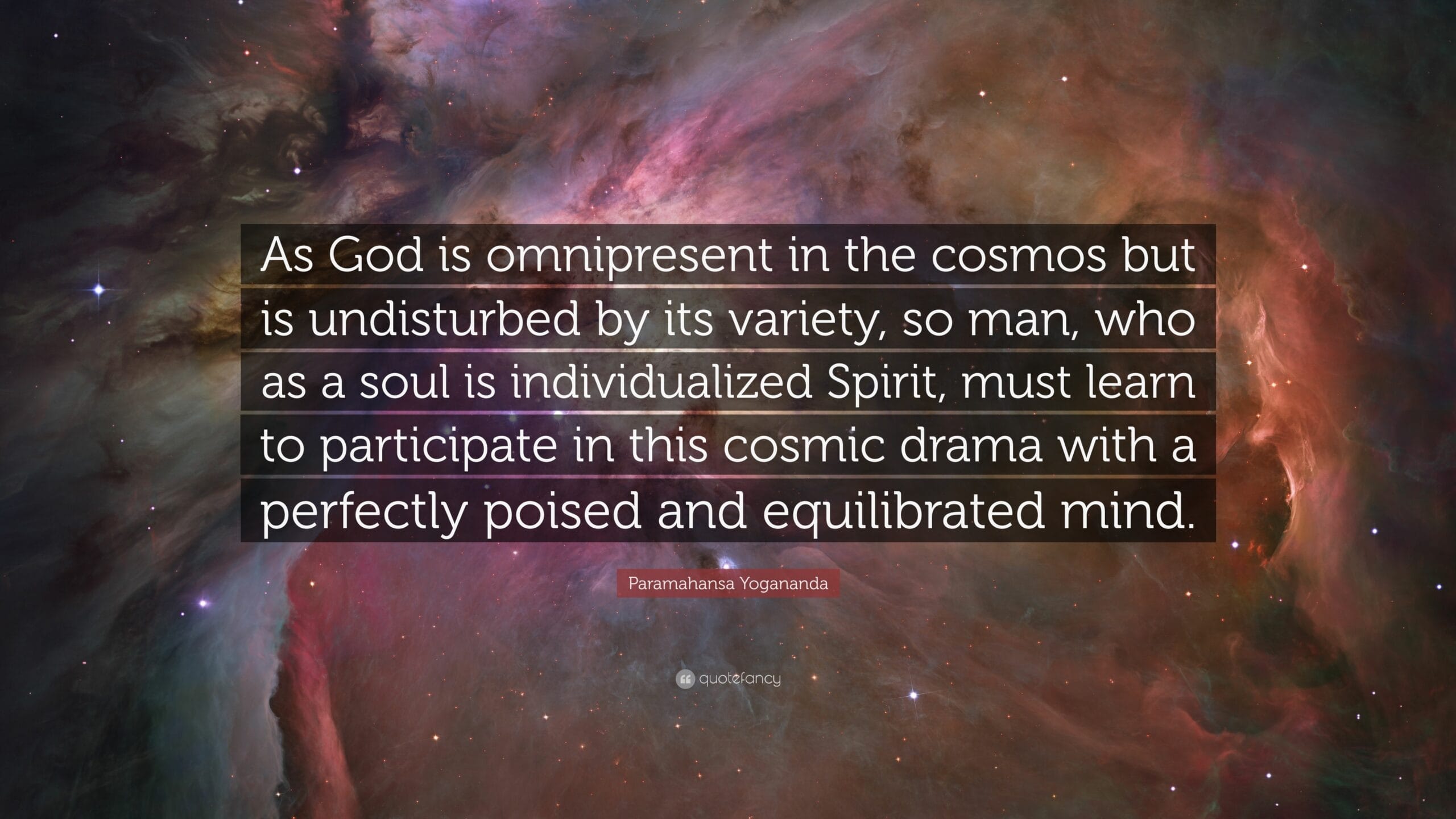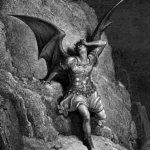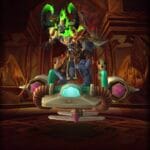This article delves into the complex concepts of omniscience, omnipotence, and omnipresence, exploring their definitions, interconnectedness, and philosophical implications within various religious and secular contexts. These attributes, often ascribed to divine beings, raise profound questions about the nature of reality, free will, and the existence of evil.
Understanding the Omnis: Definitions and Distinctions
The “omnis” represent a cluster of attributes signifying ultimate power, knowledge, and presence. Let’s define each term with precision:
- Omnipotence: Often defined as unlimited power, omnipotence raises complex questions. Does it imply the ability to perform logically impossible actions, such as creating a square circle? Most philosophical theologians distinguish between absolute omnipotence (the ability to do anything whatsoever) and logically possible omnipotence (the ability to do anything that is logically possible). This distinction helps avoid contradictions and clarifies the nature of divine power. one favoring imitation over innovation often struggle with the concept of true omnipotence.
- Omniscience: Complete or maximal knowledge, another complex attribute. If a being is omniscient, does that mean they know the future choices of free beings? This raises questions about the compatibility of free will and divine foreknowledge. Theological and philosophical solutions like Molinism, which suggests God knows all possible choices and their outcomes, and Open Theism, which posits that God doesn’t know future free choices, offer different perspectives on this issue.
- Omnipresence: Existing everywhere simultaneously. This concept raises questions about the nature of God’s presence. Is God fully and equally present in all locations, or does omnipresence suggest a potential to be present anywhere? This also intersects with modern scientific understandings of space and time.
The Omnis in Religious and Philosophical Thought
These attributes appear across various religious and philosophical traditions, each with unique interpretations:
Abrahamic Religions
In Christianity, Islam, and Judaism, God is typically considered to possess all three omnis as essential attributes. Specific scriptural passages and theological interpretations within each faith provide different perspectives on their meaning and implications. For example, God’s omnipotence is demonstrated through acts of creation and miracles, while omniscience is reflected in divine pronouncements about the future.
Hinduism and Sikhism
Concepts analogous to the omnis are attributed to Brahman in Hinduism and to God in Sikhism. These traditions often explore the relationship between these attributes and concepts like Maya (illusion), suggesting that the world we perceive might be a manifestation of divine power and knowledge.
Jainism
Jainism presents a contrasting perspective. Here, omniscience is not solely a divine attribute but something attainable by perfected beings called Tirthankaras. This highlights different paths to achieving ultimate knowledge and the potential for beings other than God to possess such qualities.
Philosophical Considerations
Philosophers have grappled with the implications of the omnis for centuries, raising several key questions:
- Logical Paradoxes: Paradoxes like the “stone paradox” (Can God create a stone so heavy He cannot lift it?) challenge our understanding of omnipotence. Philosophical discussions explore potential resolutions and the limits of logic when applied to the divine.
- Free Will vs. Omniscience: The potential conflict between human free will and God’s foreknowledge has fueled extensive debate. Solutions like Molinism and Open Theism attempt to reconcile these seemingly contradictory ideas. It remains an area of ongoing philosophical investigation.
- The Problem of Evil: This classic theological problem questions how a benevolent and omnipotent God can allow the existence of evil and suffering. Various philosophical and theological theodicies offer explanations, ranging from the emphasis on free will to the idea of a greater divine plan beyond human comprehension.
Interconnectedness and Modern Relevance
It’s crucial to consider the interconnectedness of the omnis. Does omnipotence necessitate omniscience for effective action? Can omnipresence exist without omniscience? These interrelationships are ripe for deeper exploration.
Moreover, these ancient concepts remain surprisingly relevant in modern contexts. How do scientific advancements, such as quantum physics and cosmology, interact with our understanding of these attributes? What are the ethical implications of a being possessing such powers? Exploring these questions can enrich our understanding of both religious and philosophical thought. If you’re interested in a unique perspective, consider pearlescent goblin wave shredder for a thought-provoking exploration.
Conclusion
The concepts of omniscience, omnipotence, and omnipresence offer a fascinating lens through which to explore fundamental questions about the nature of reality, the limits of human knowledge, and the potential existence of a divine being. While definitive answers may remain elusive, grappling with these complex ideas provides valuable insights into the enduring human quest for meaning and understanding. Ongoing research and philosophical discourse continue to shape our interpretations of these powerful concepts, suggesting that the journey of exploration is far from over.
- Unlock Water’s Symbolism: A Cross-Cultural Exploration - April 20, 2025
- Identify Black and White Snakes: Venomous or Harmless? - April 20, 2025
- Unlocking Potential: Origins High School’s NYC Story - April 20, 2025















